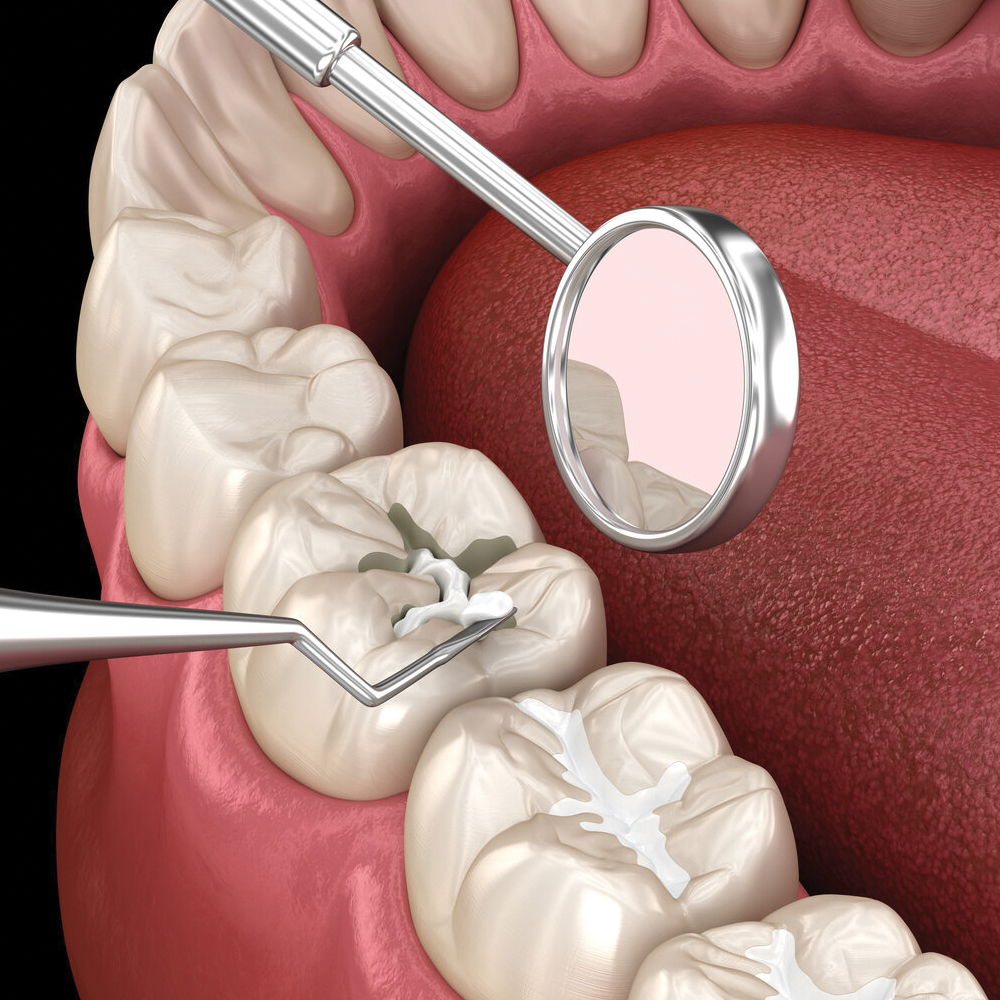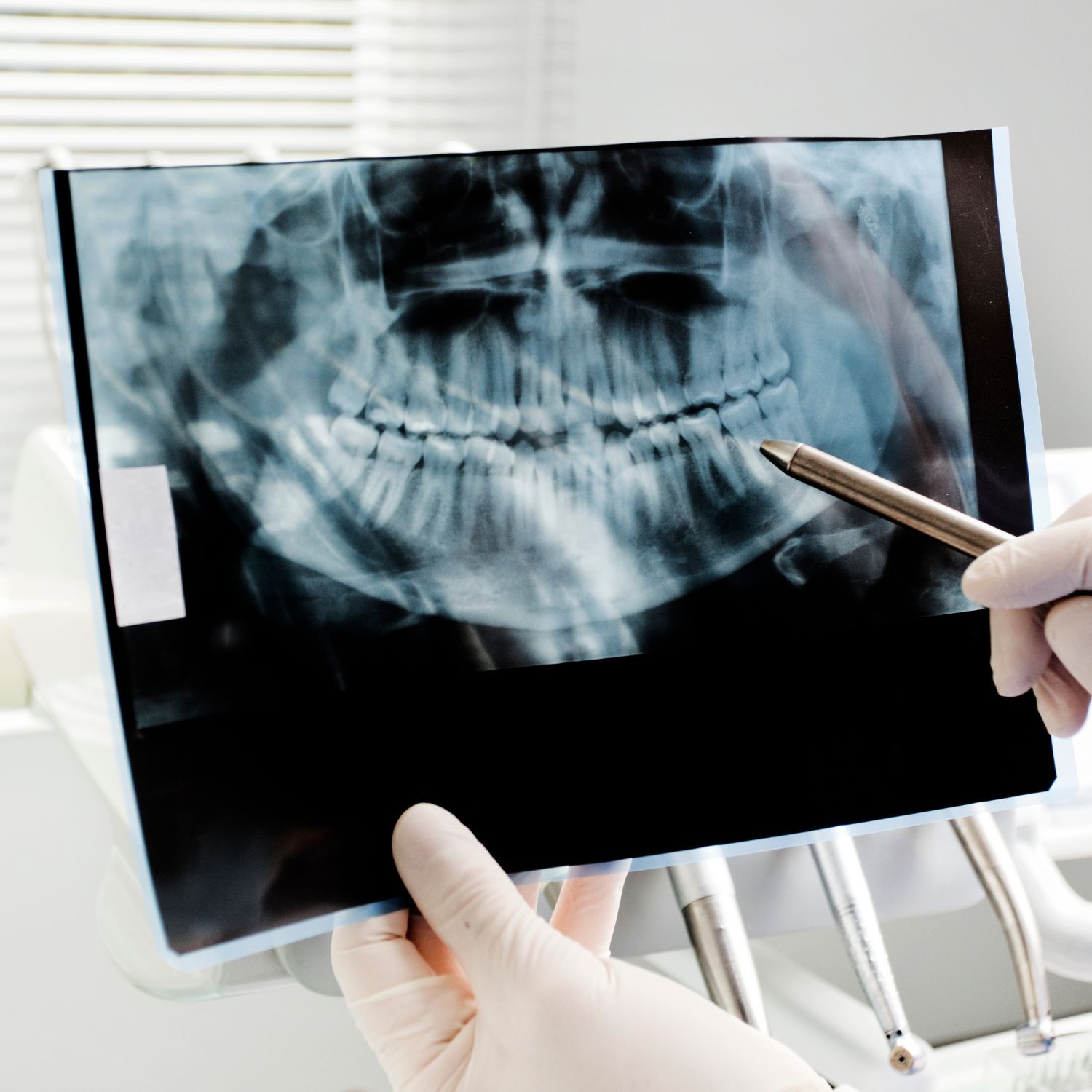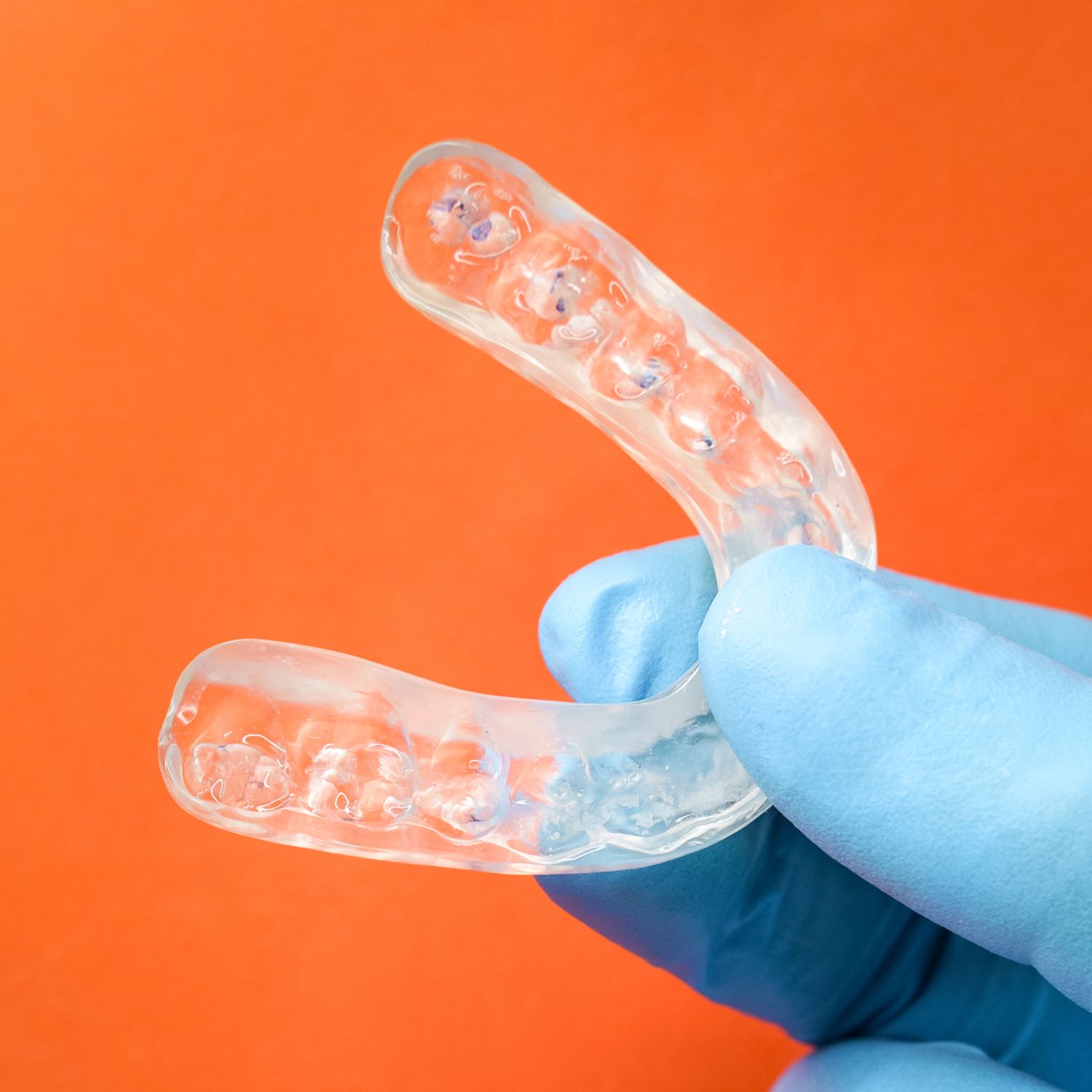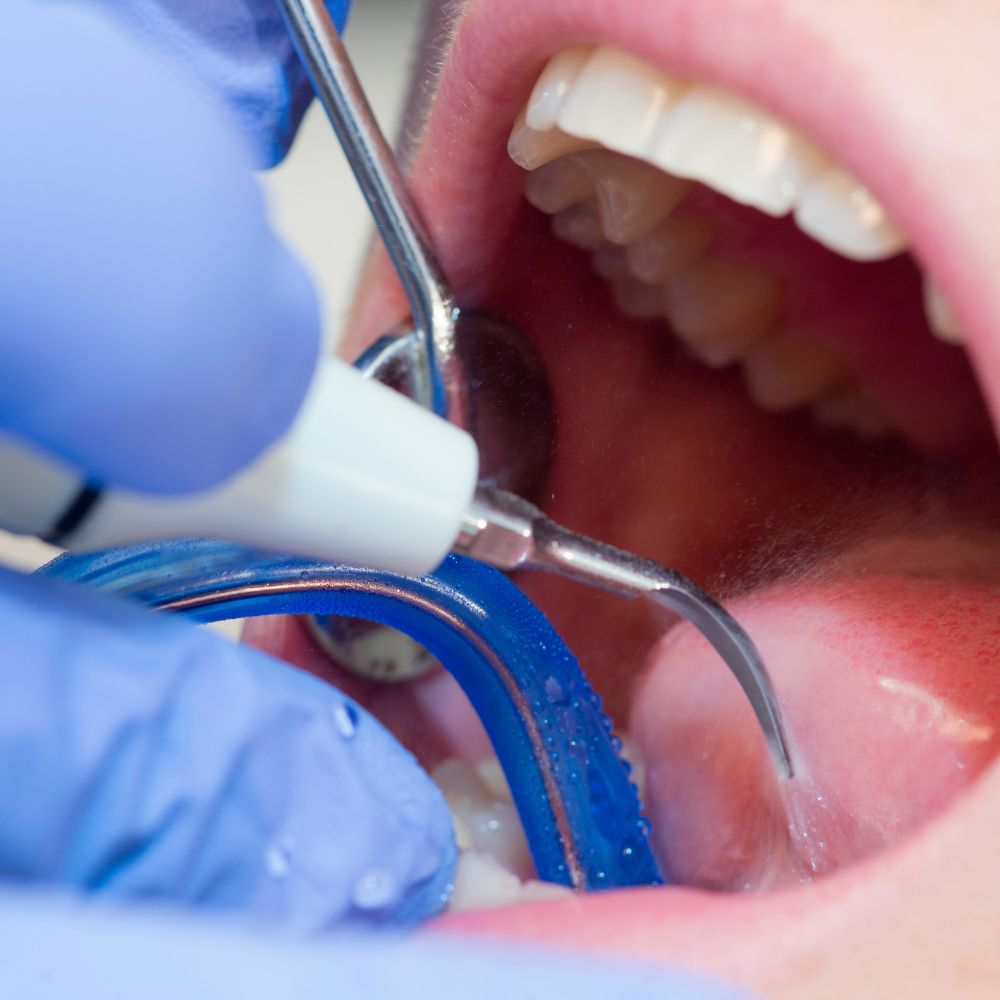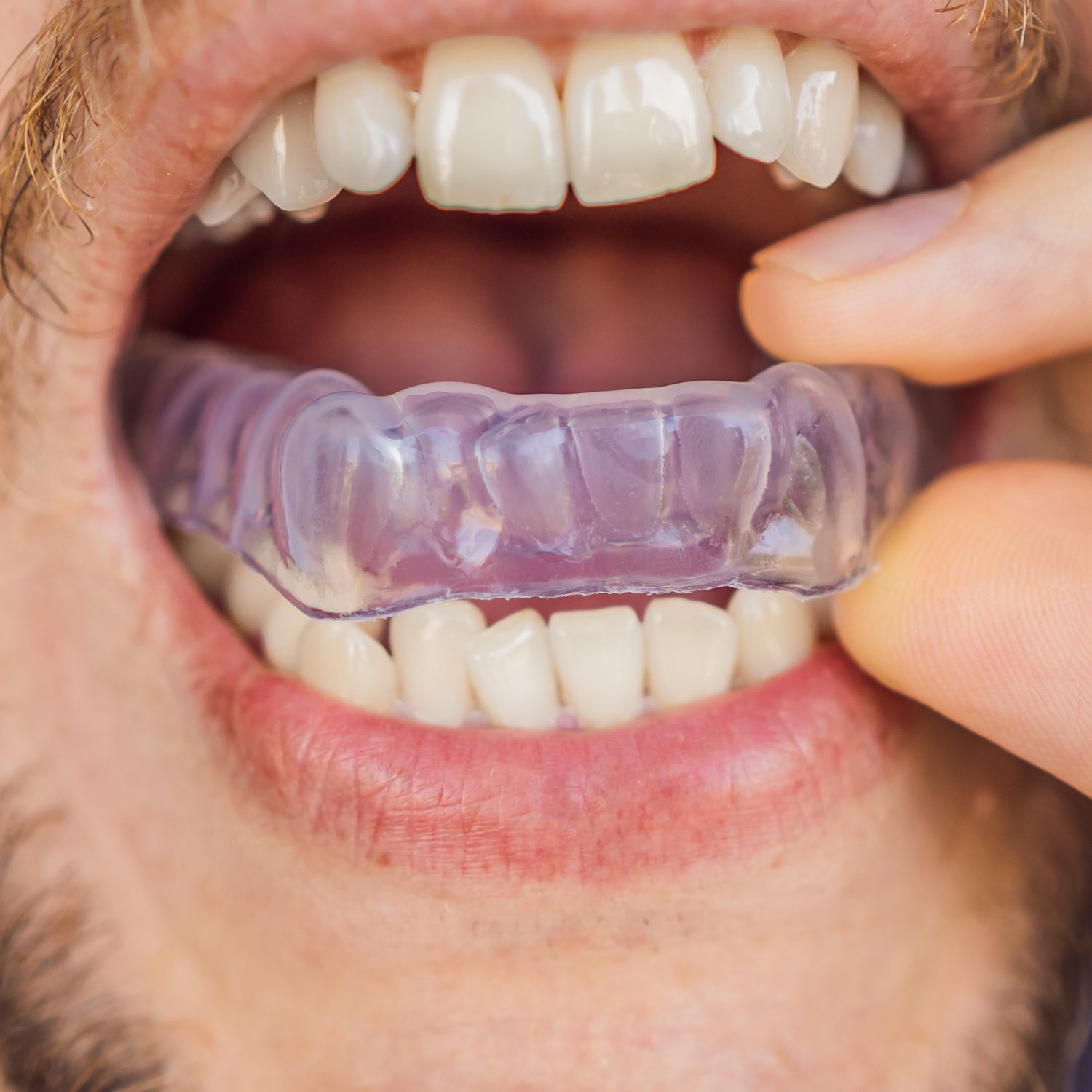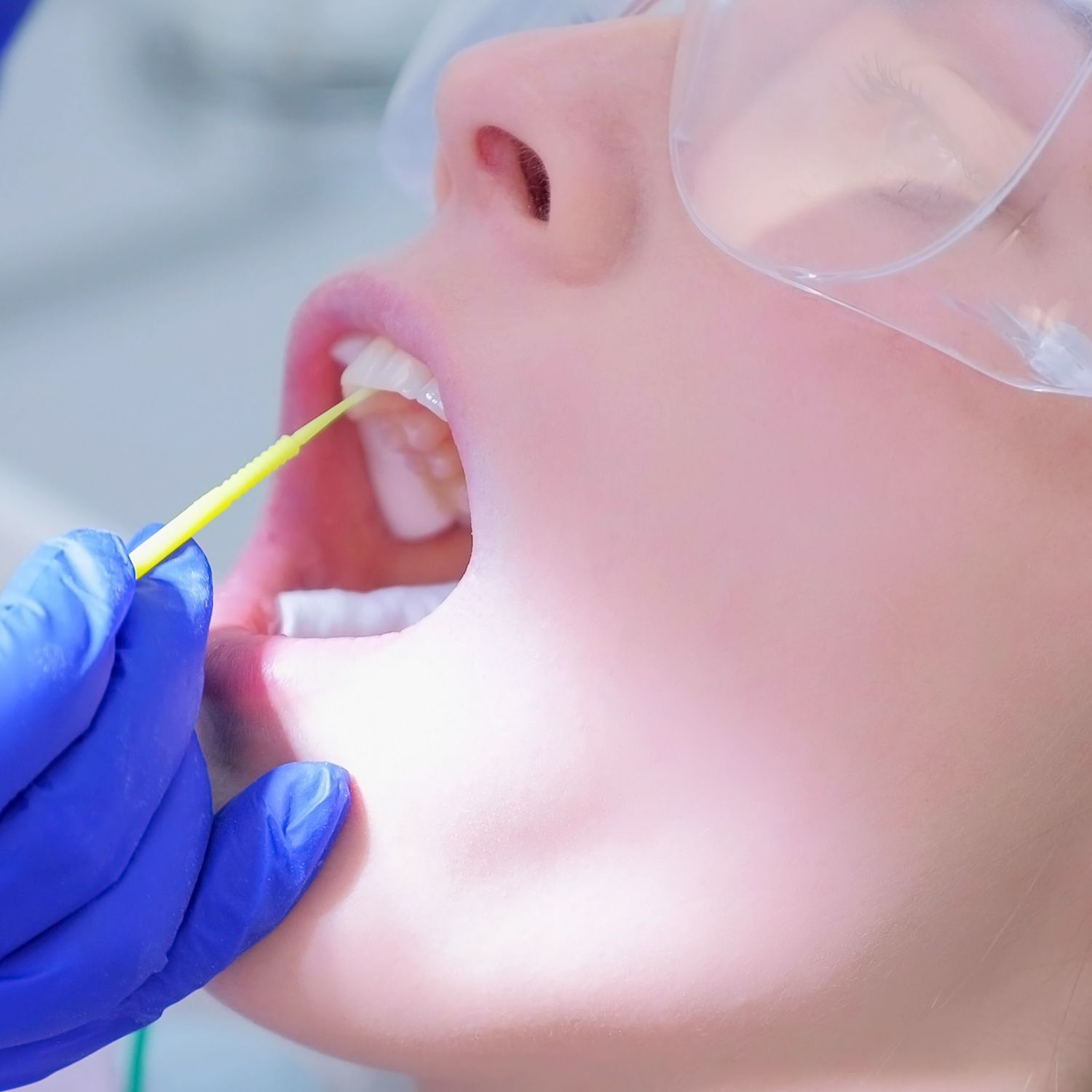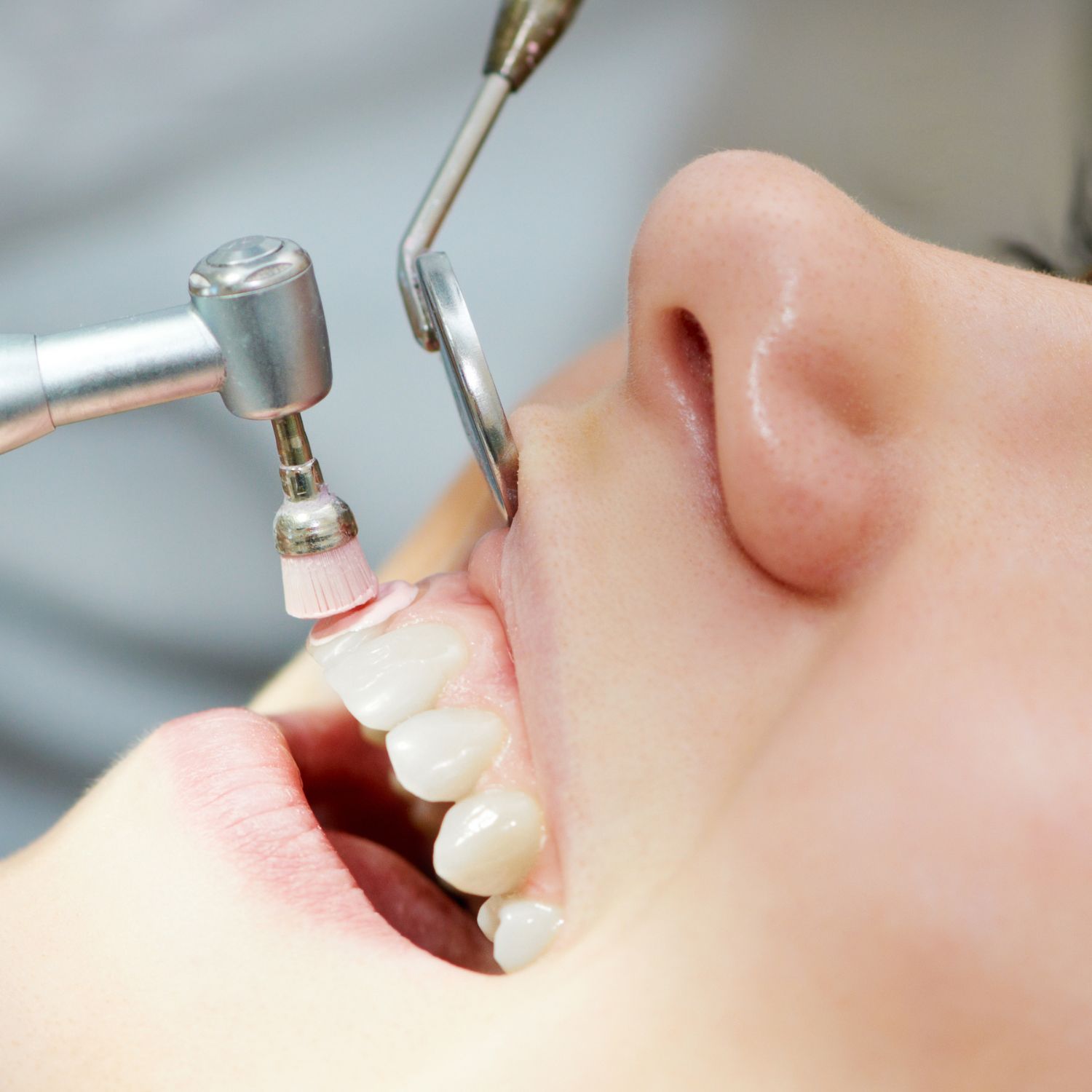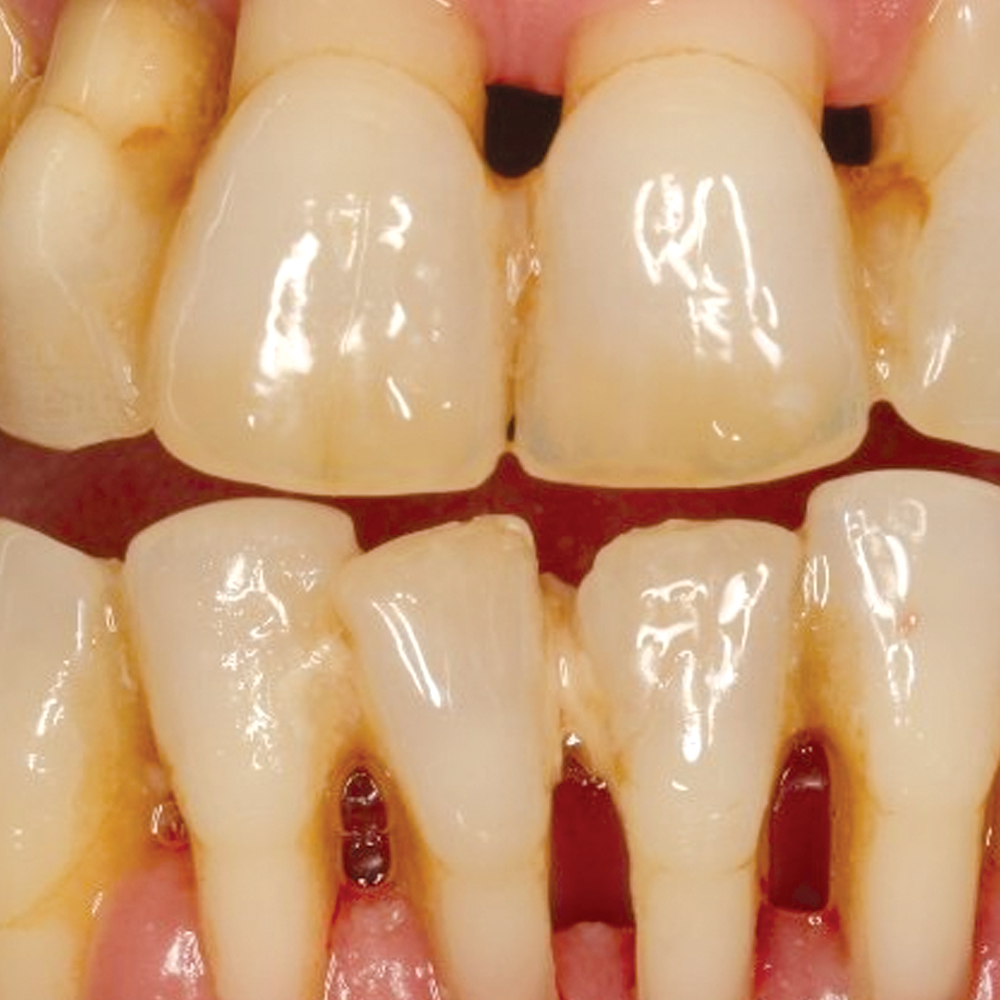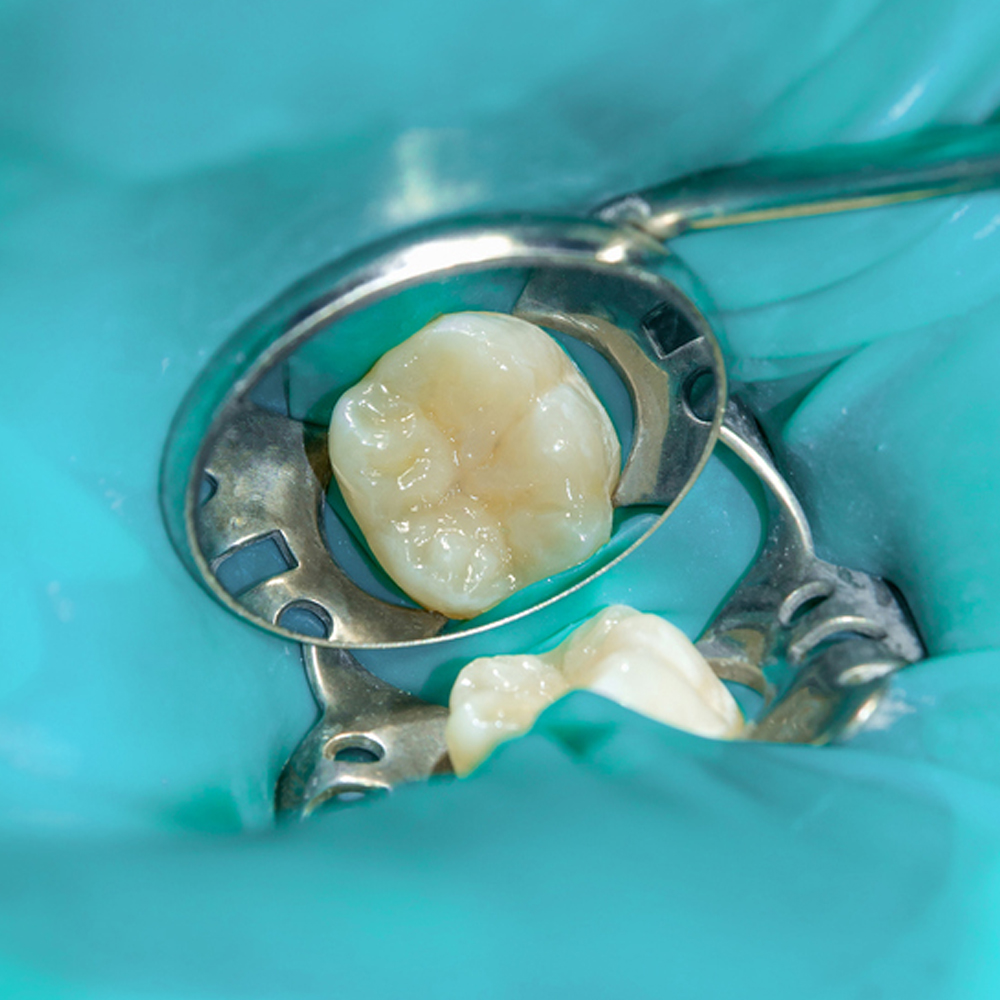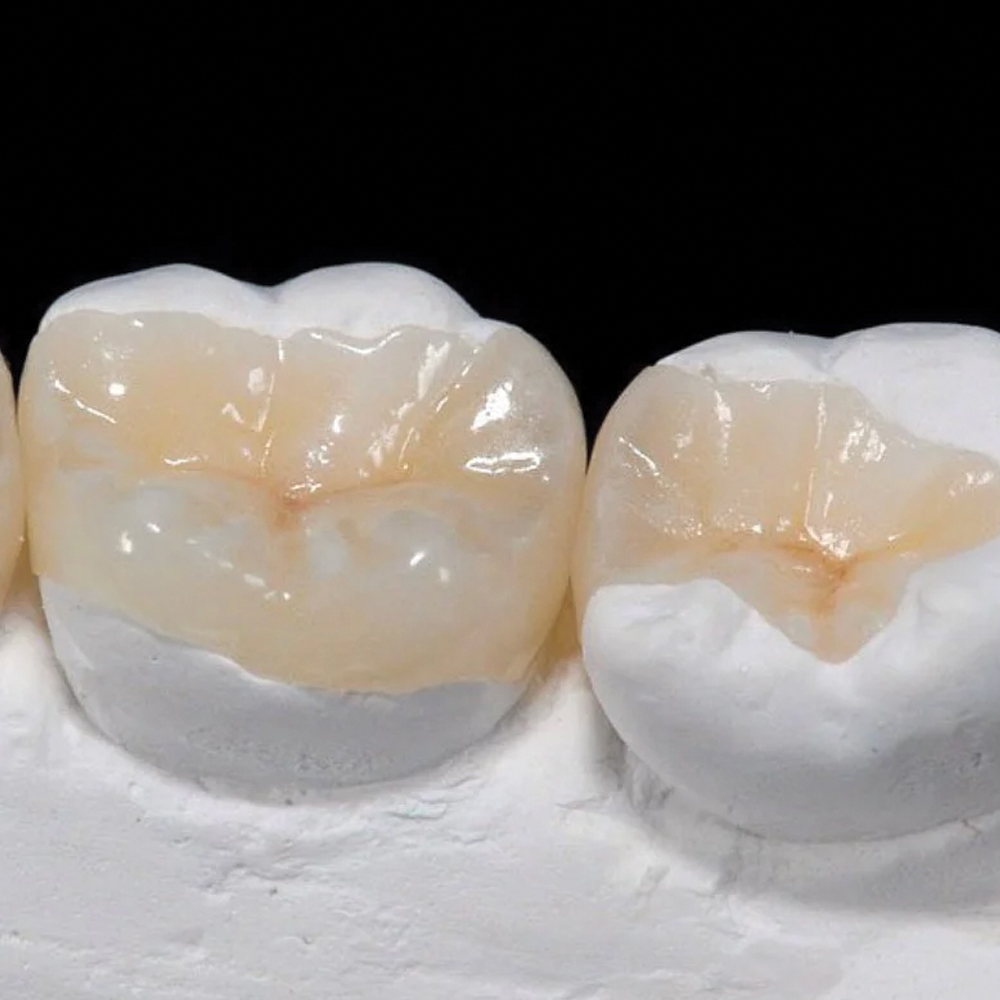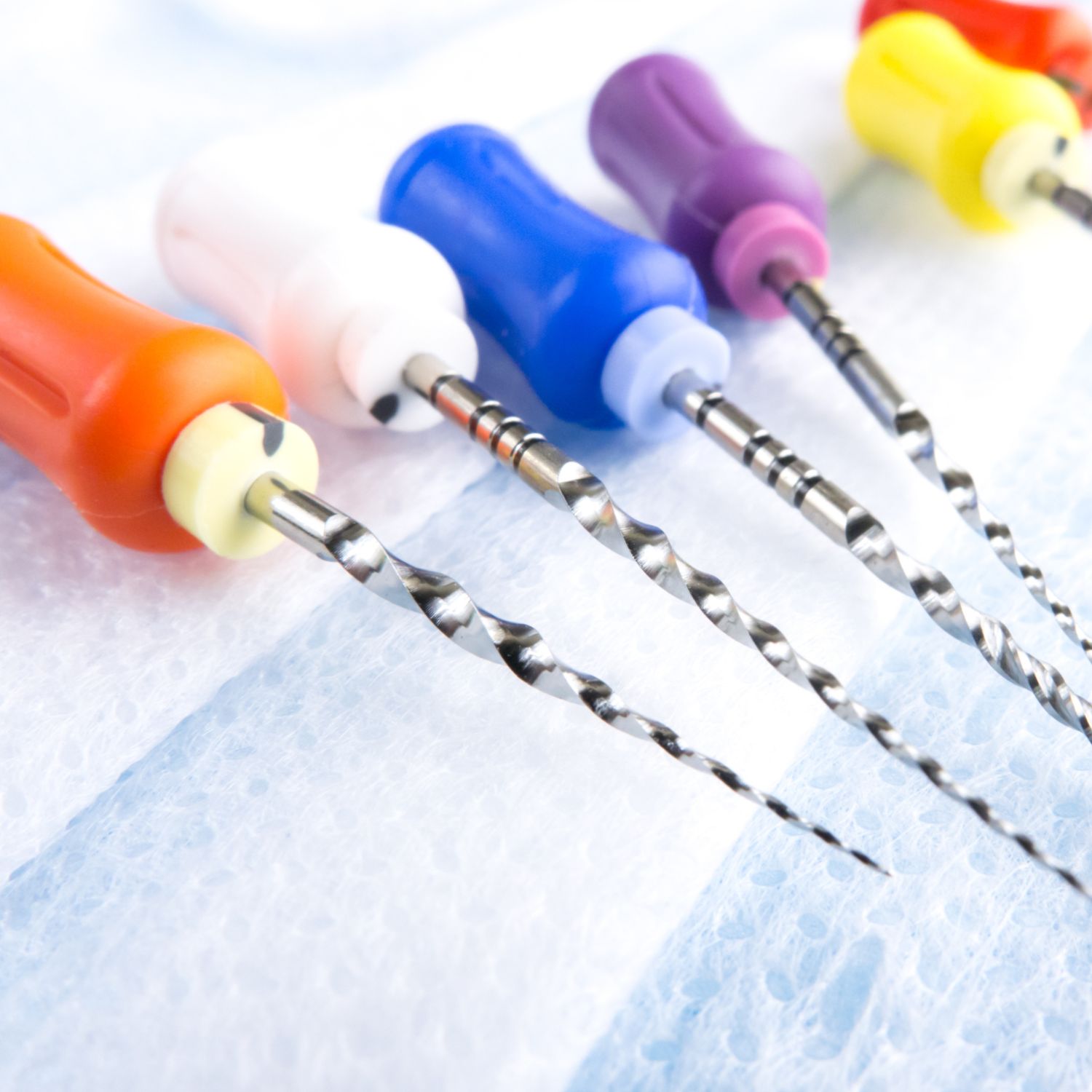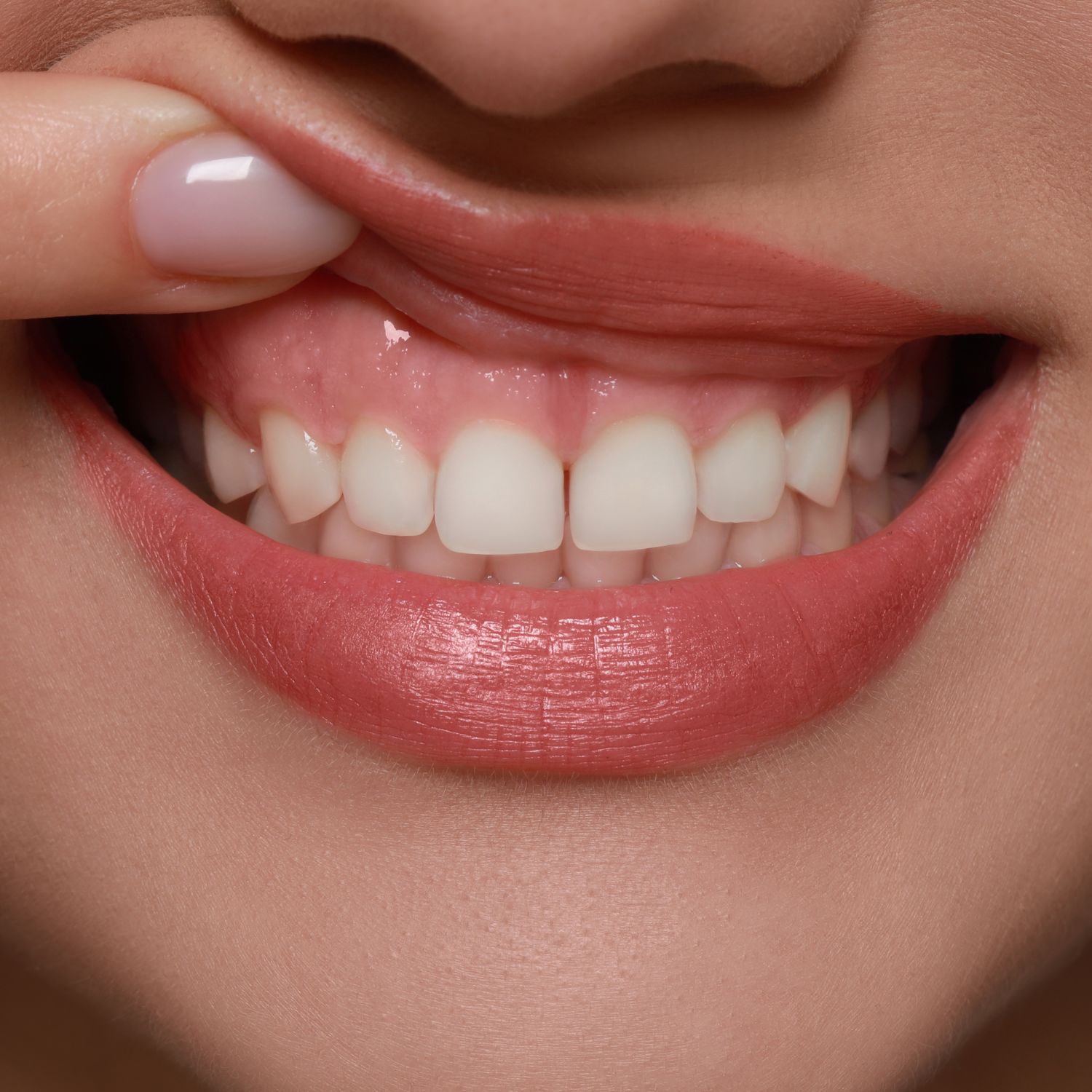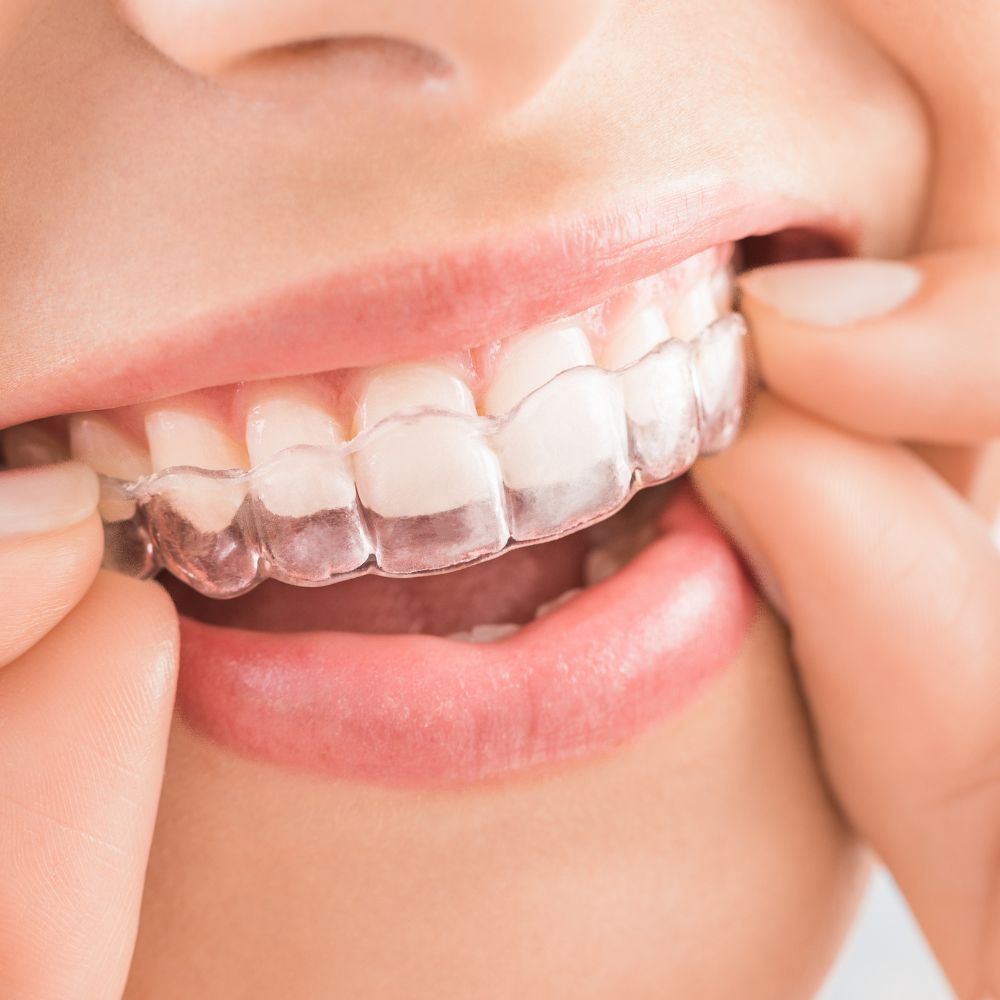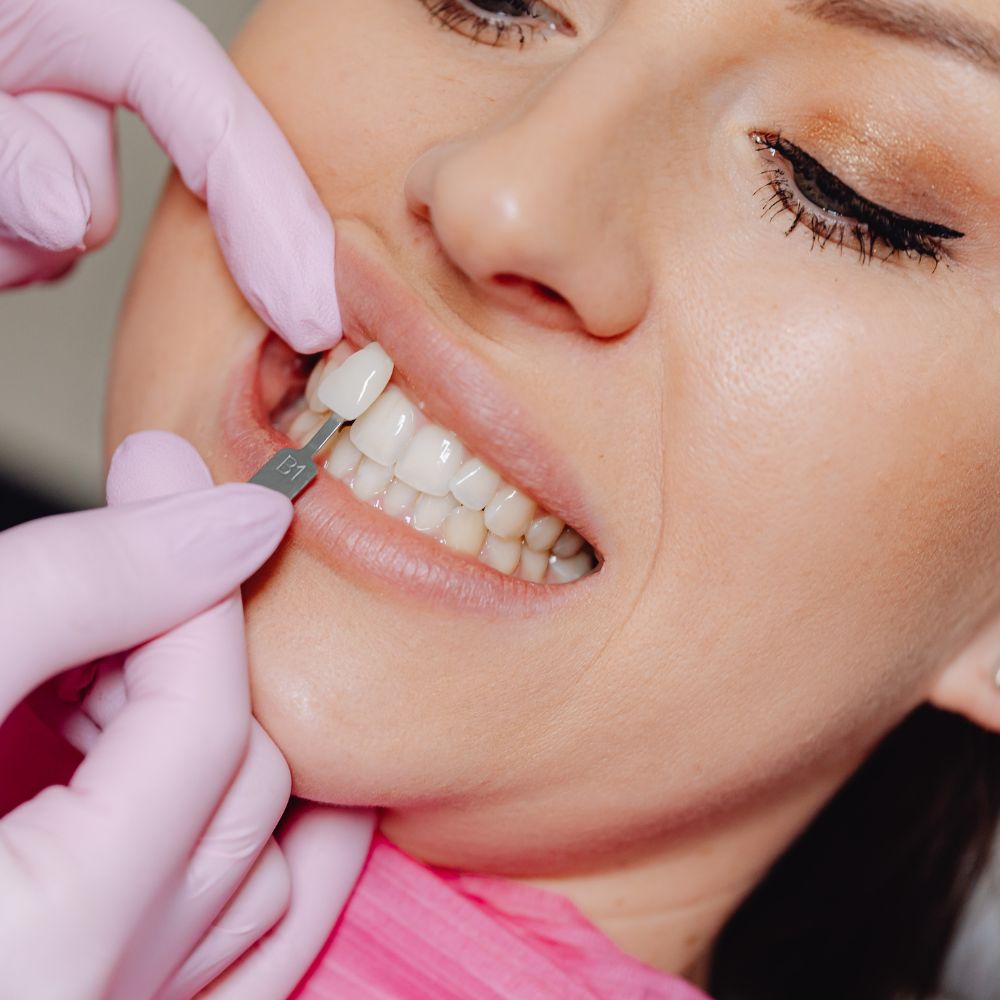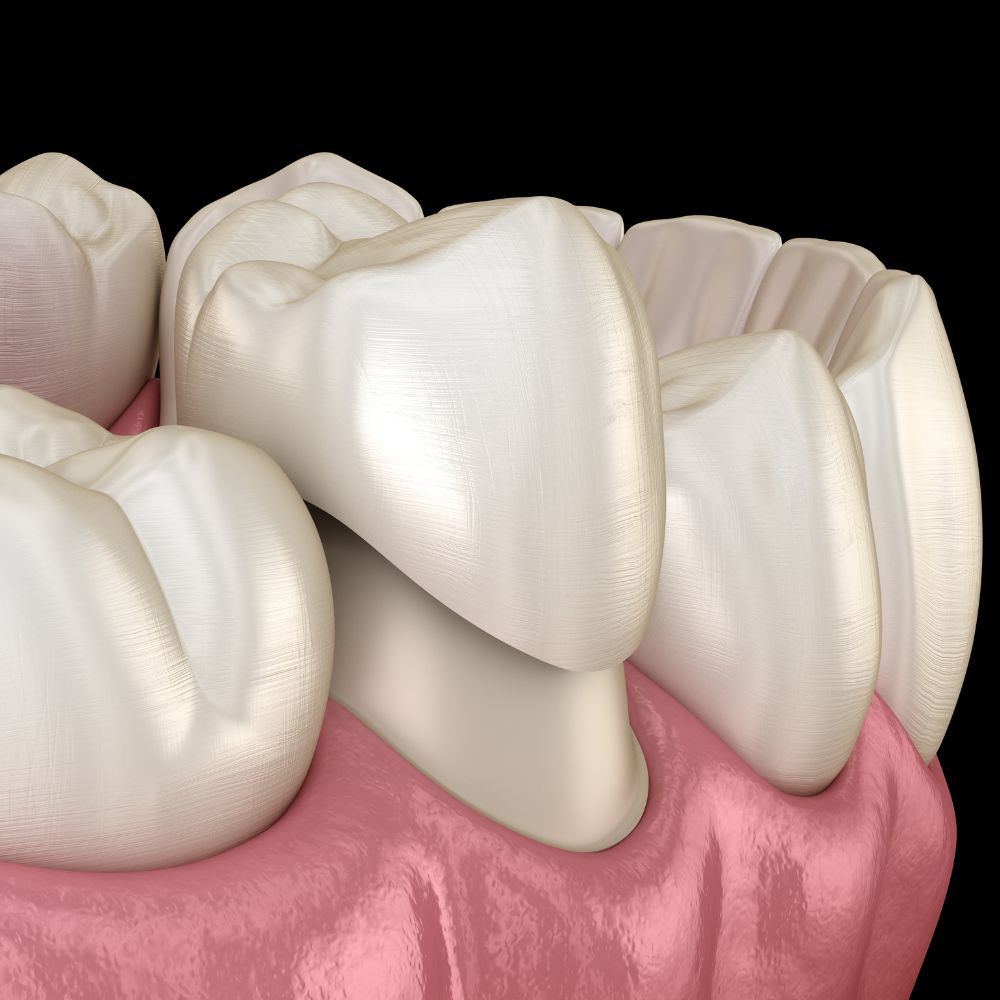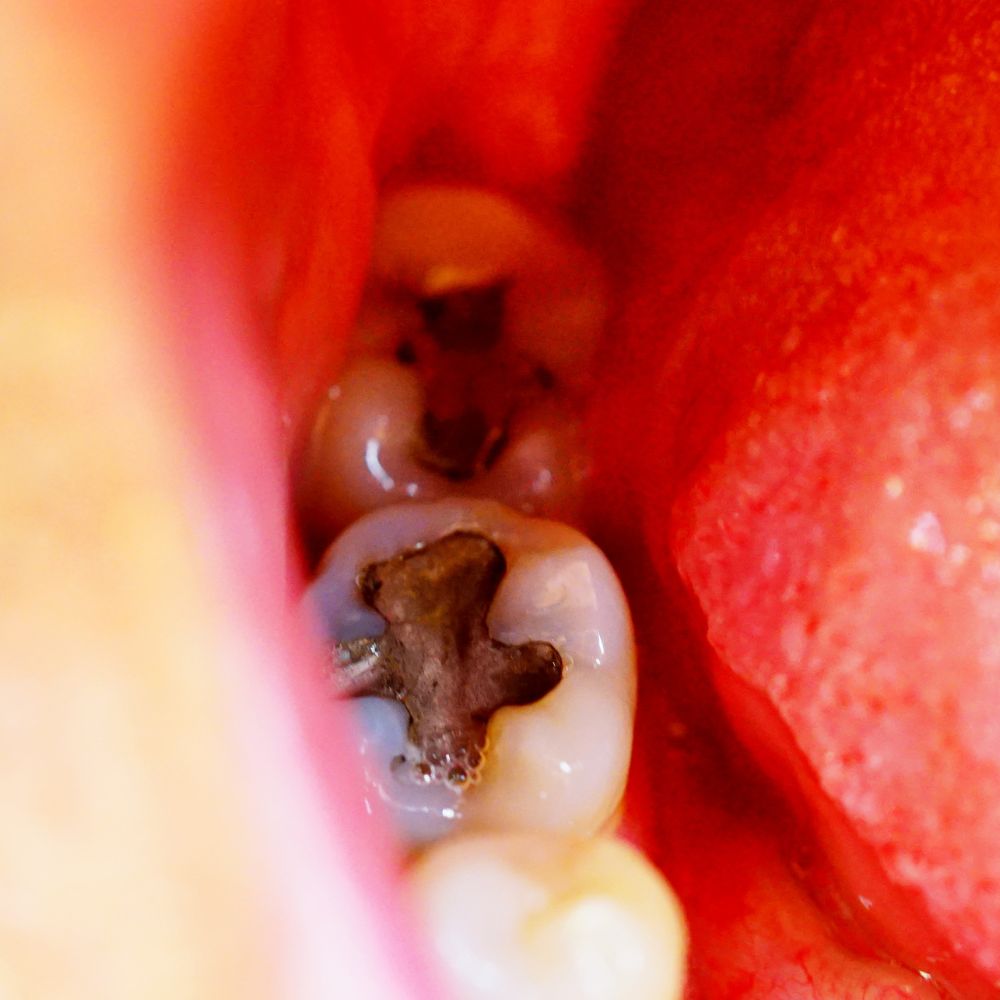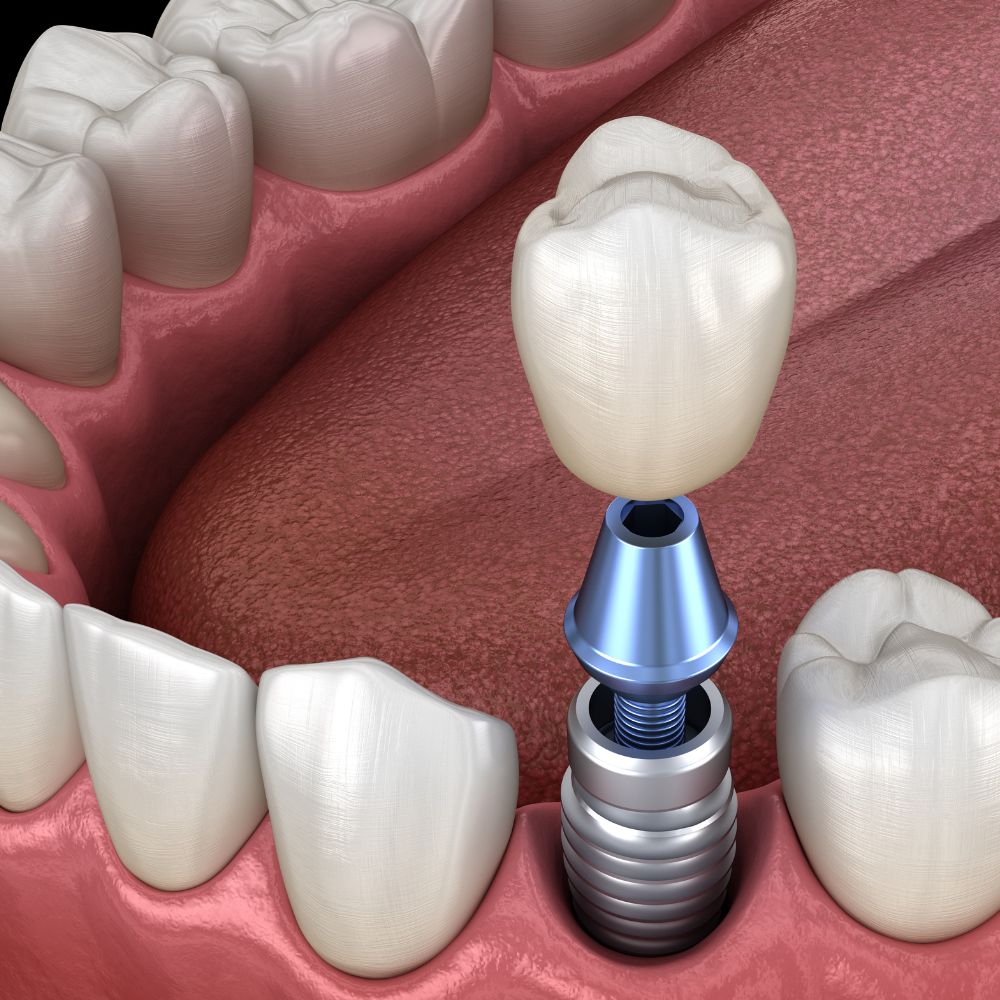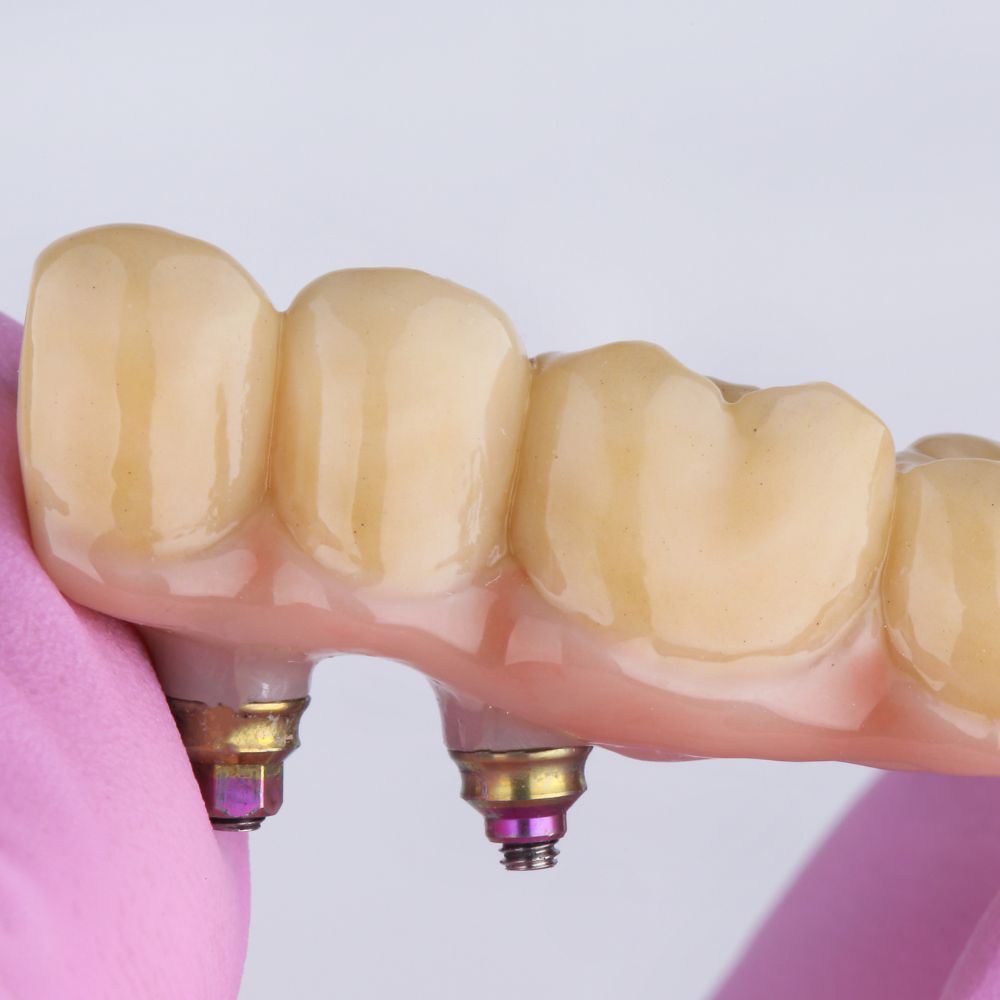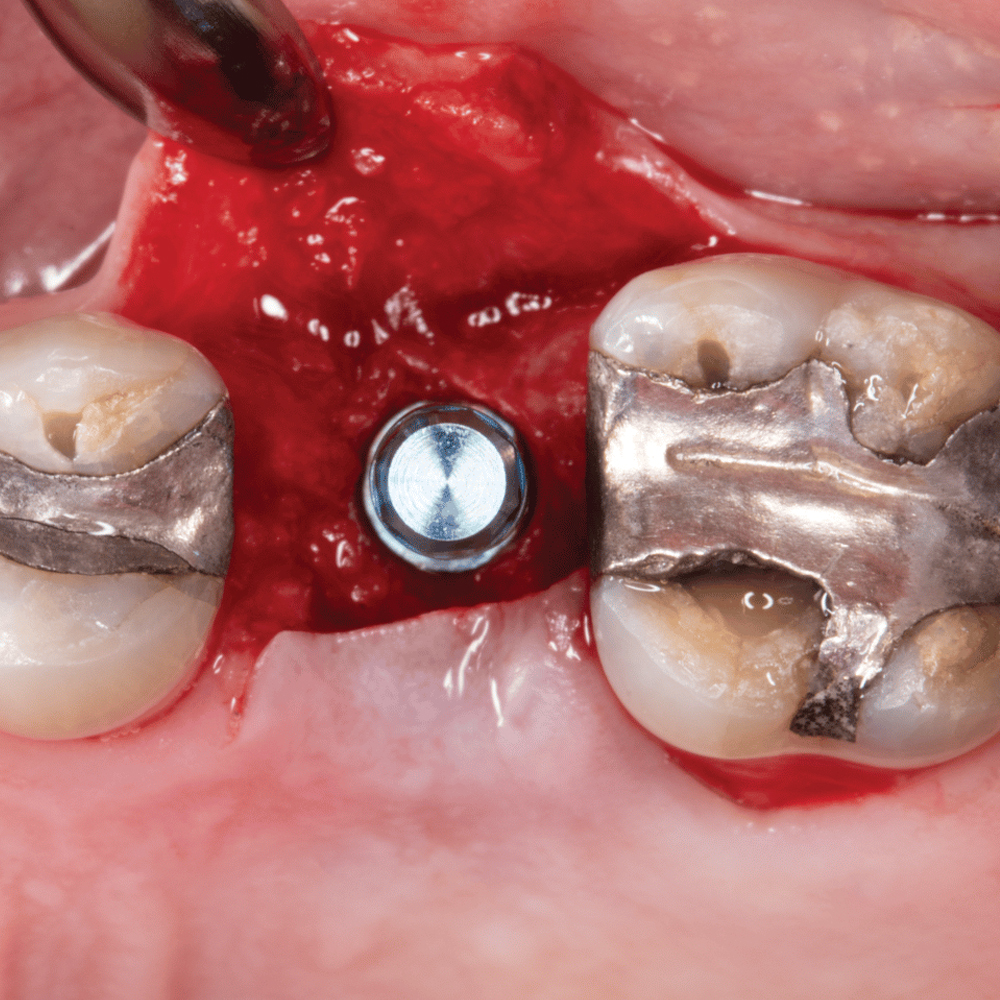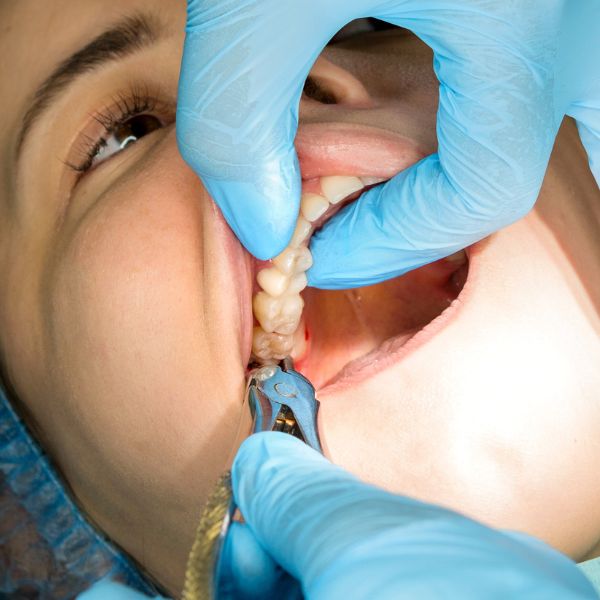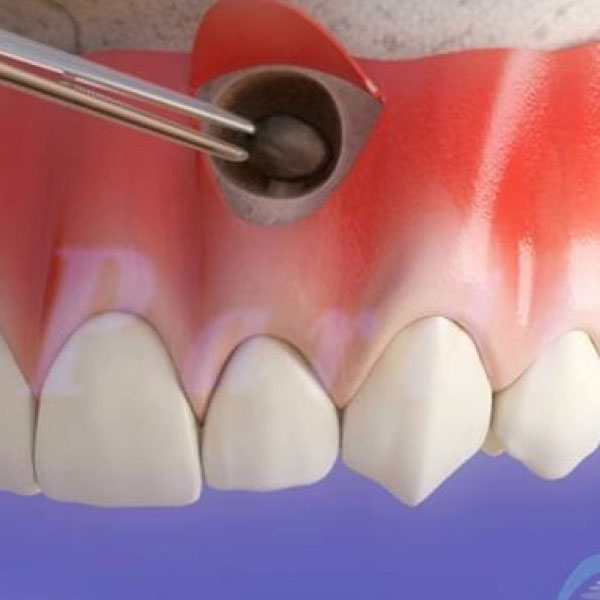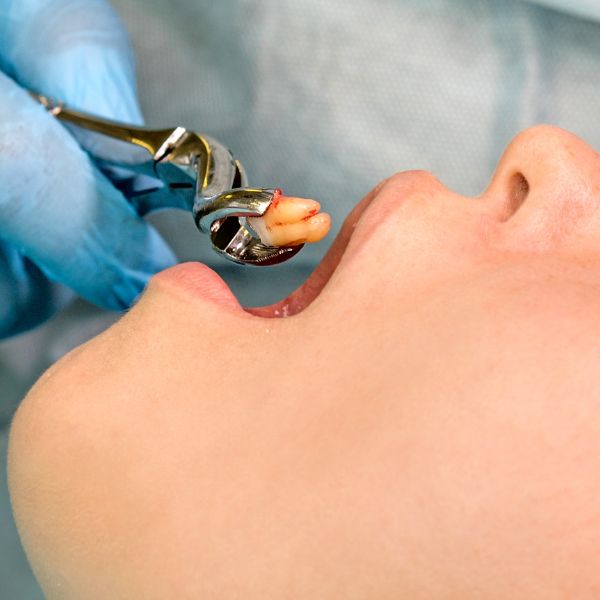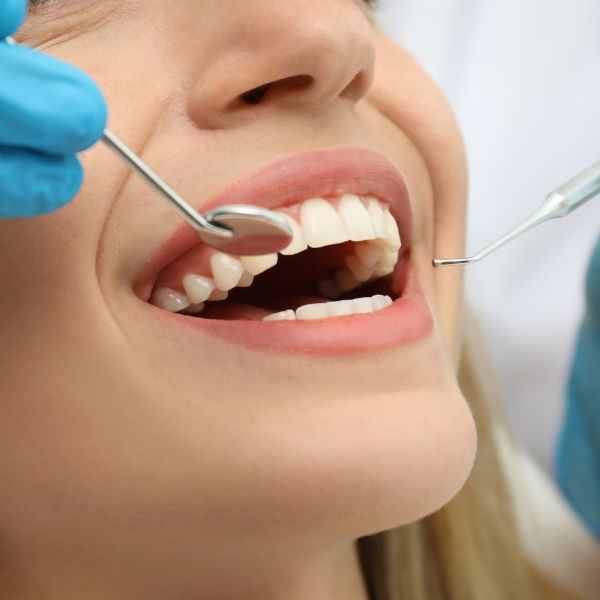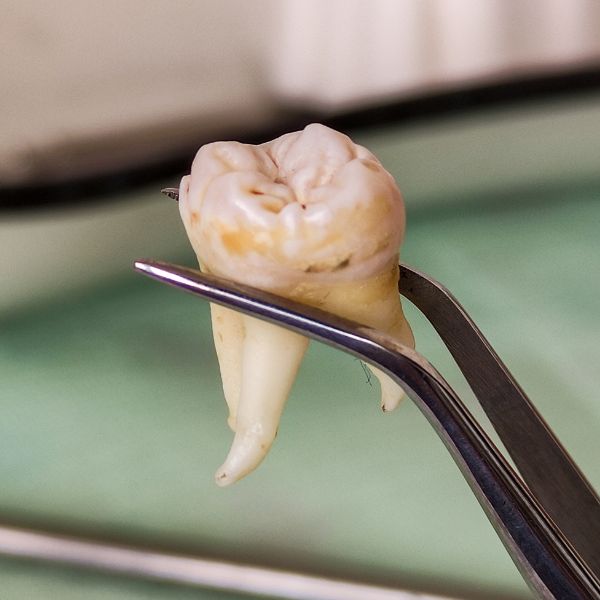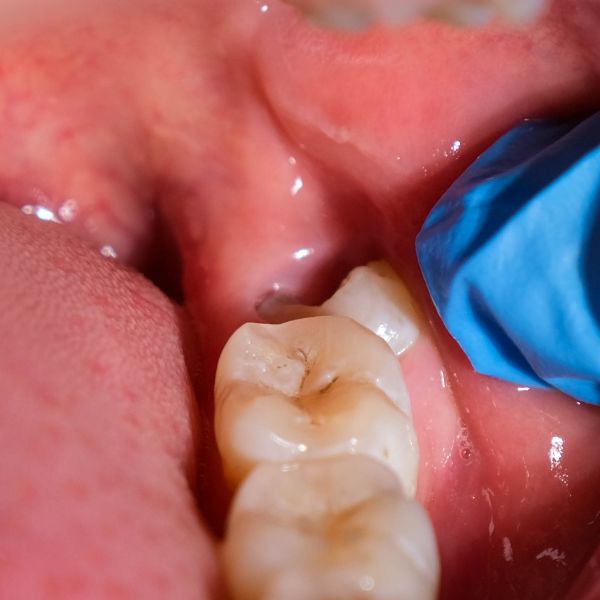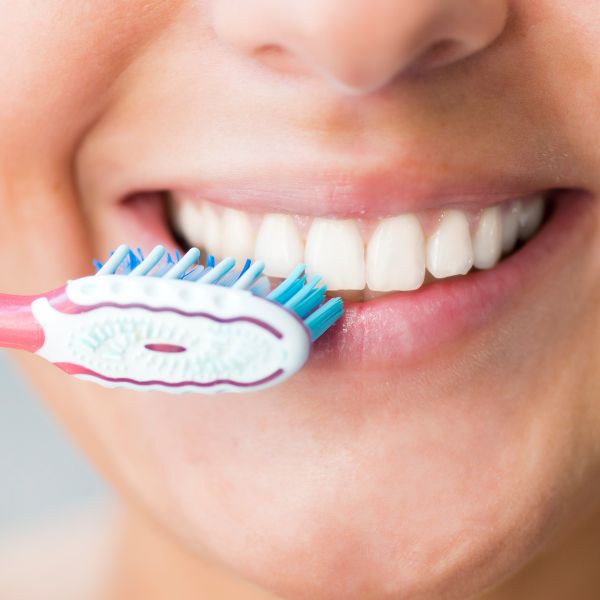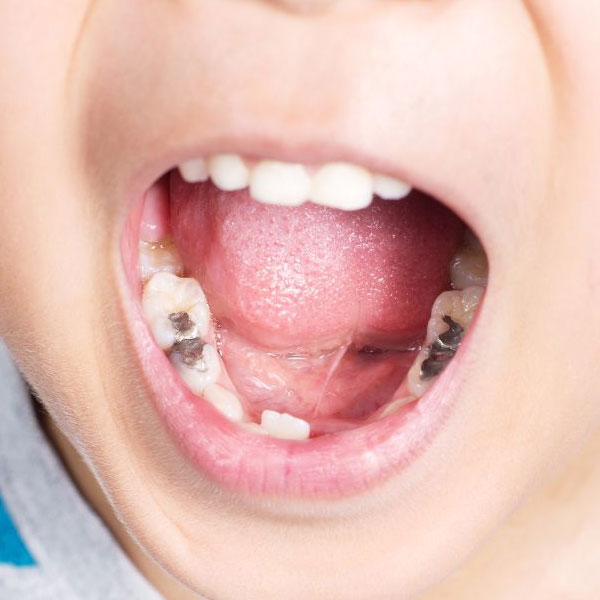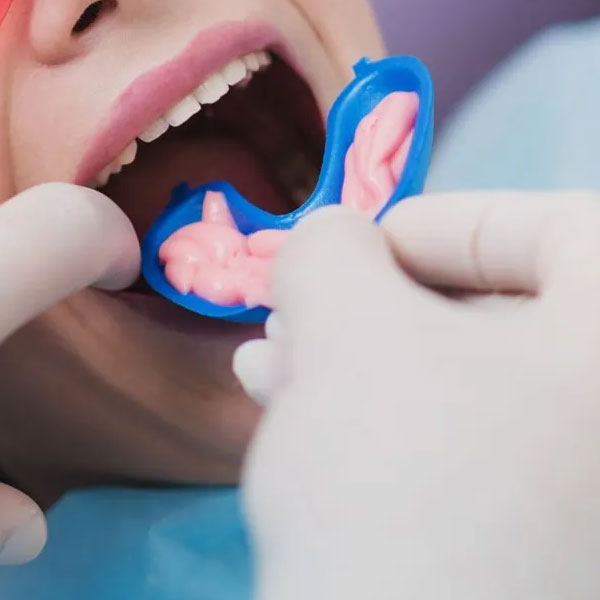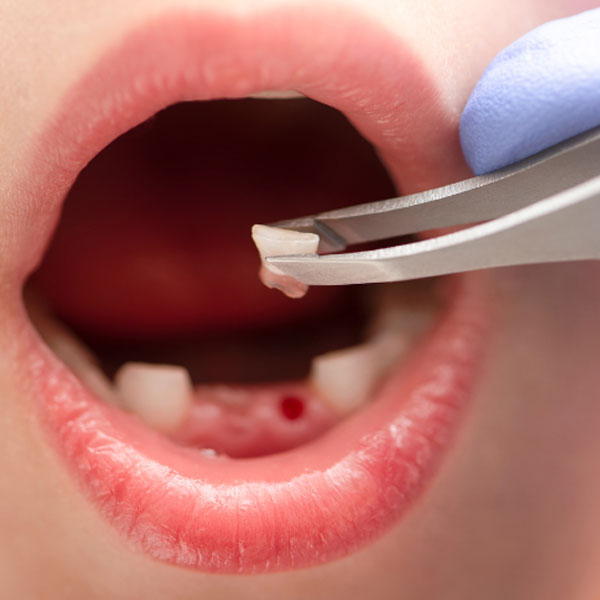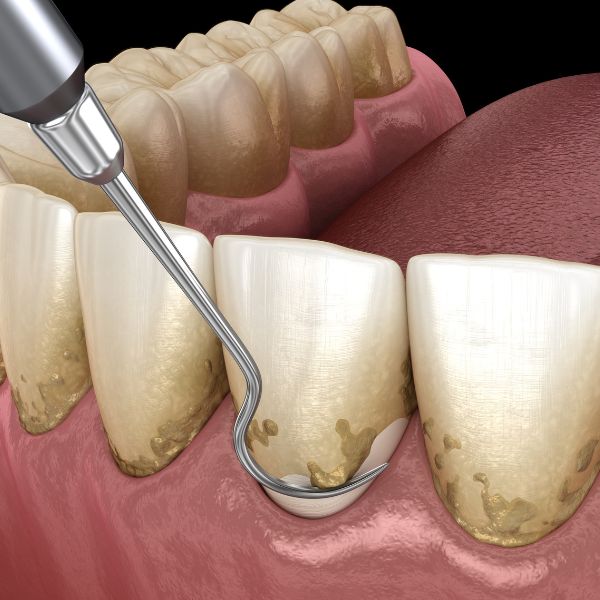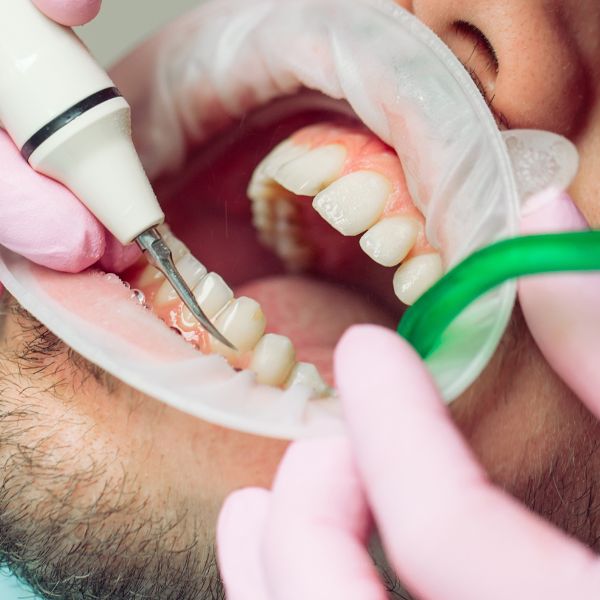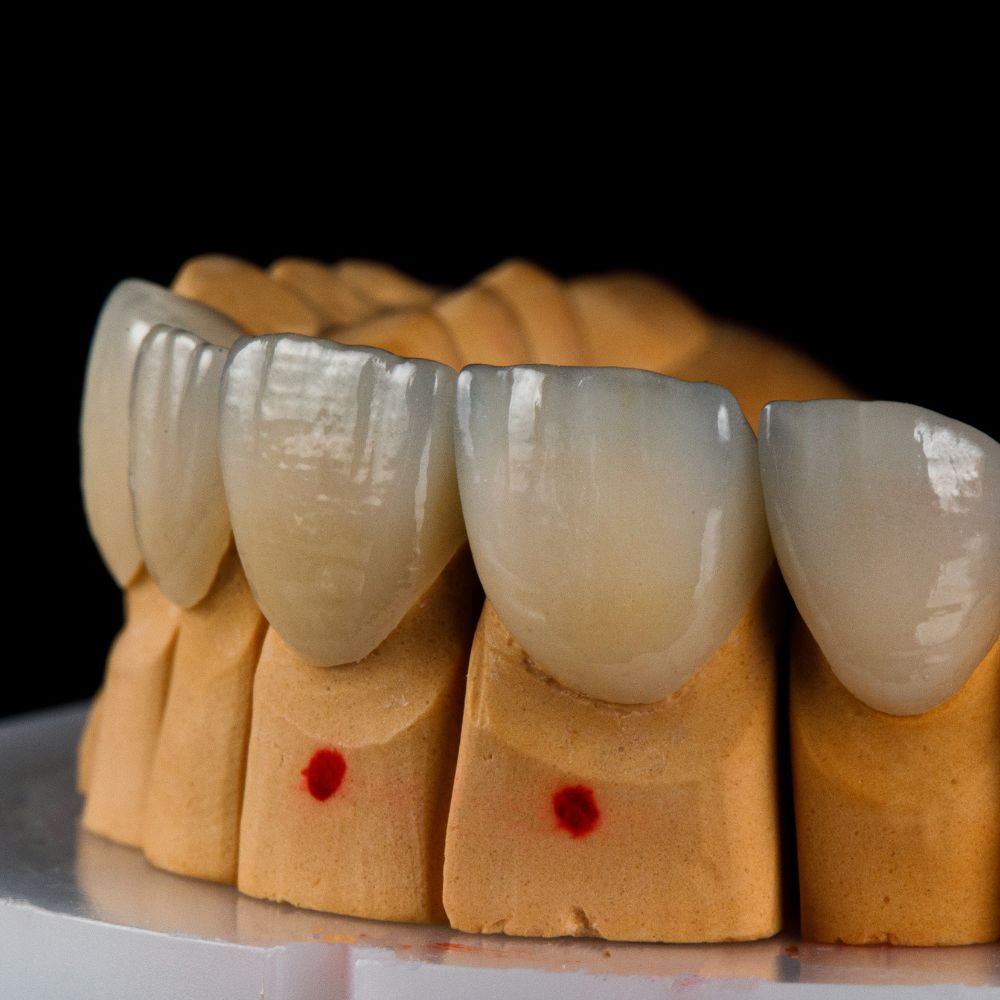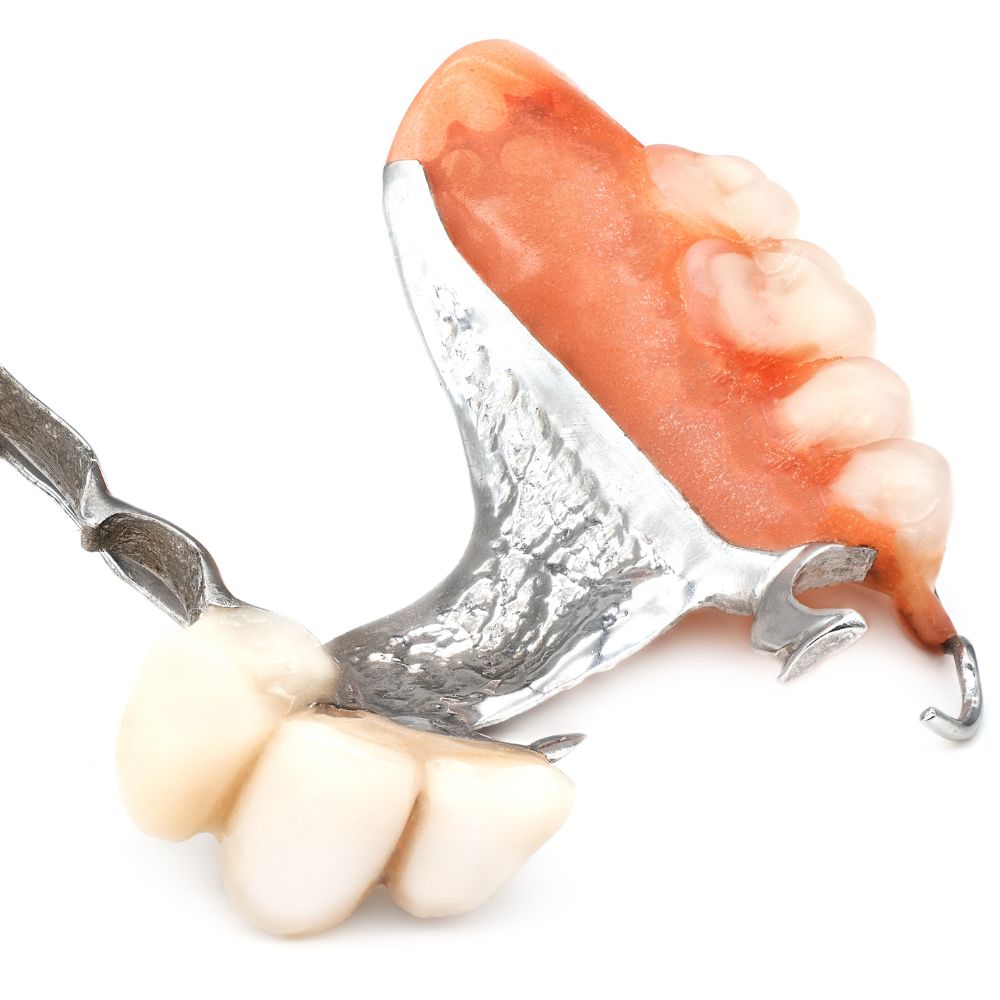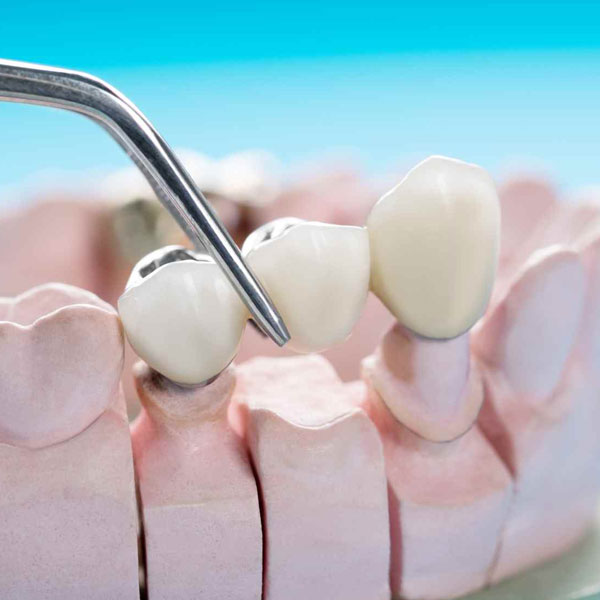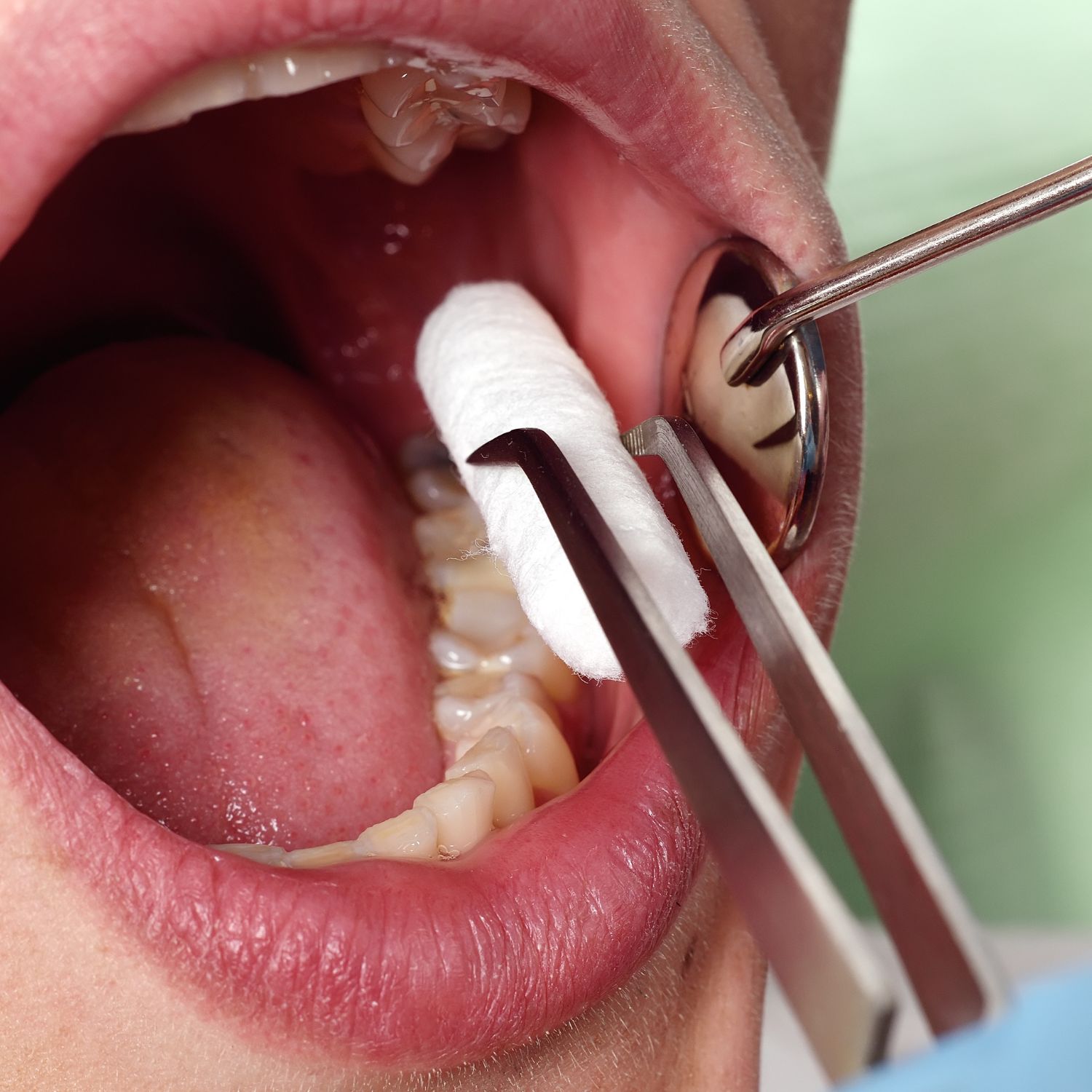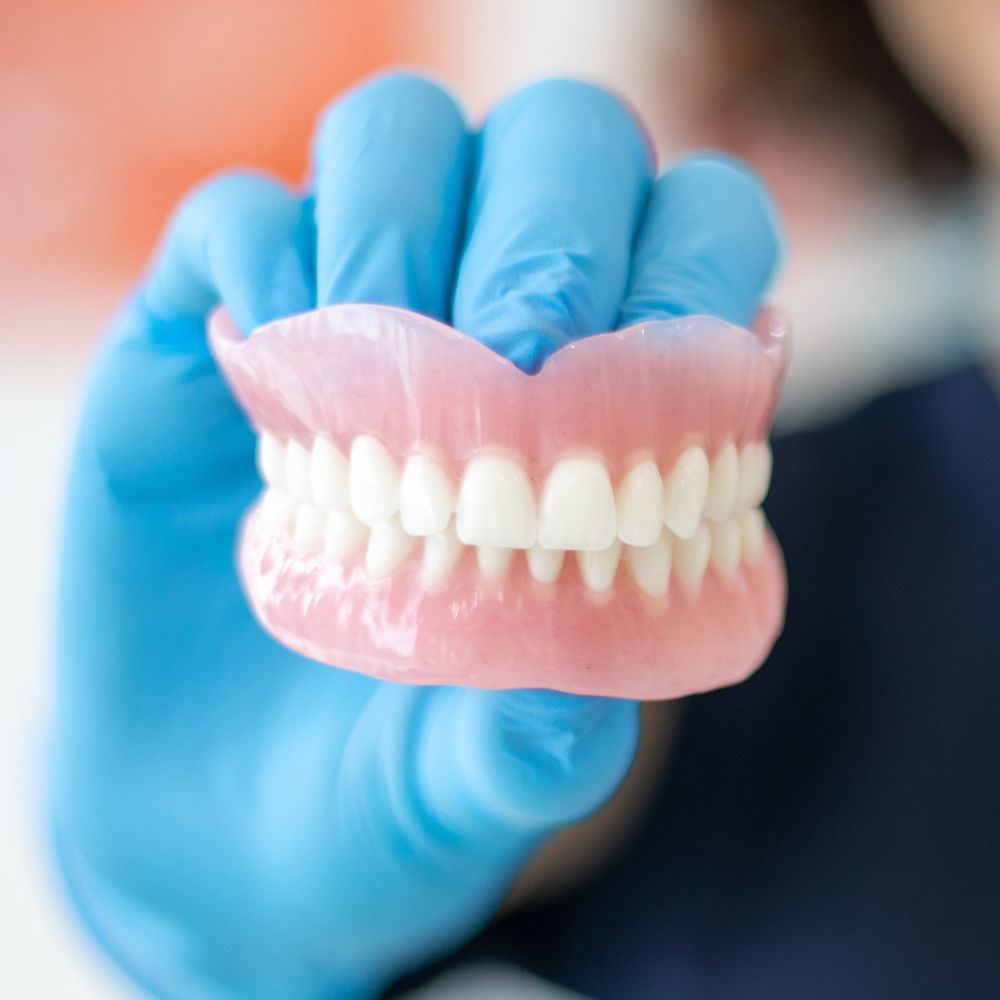Implants
Teeth
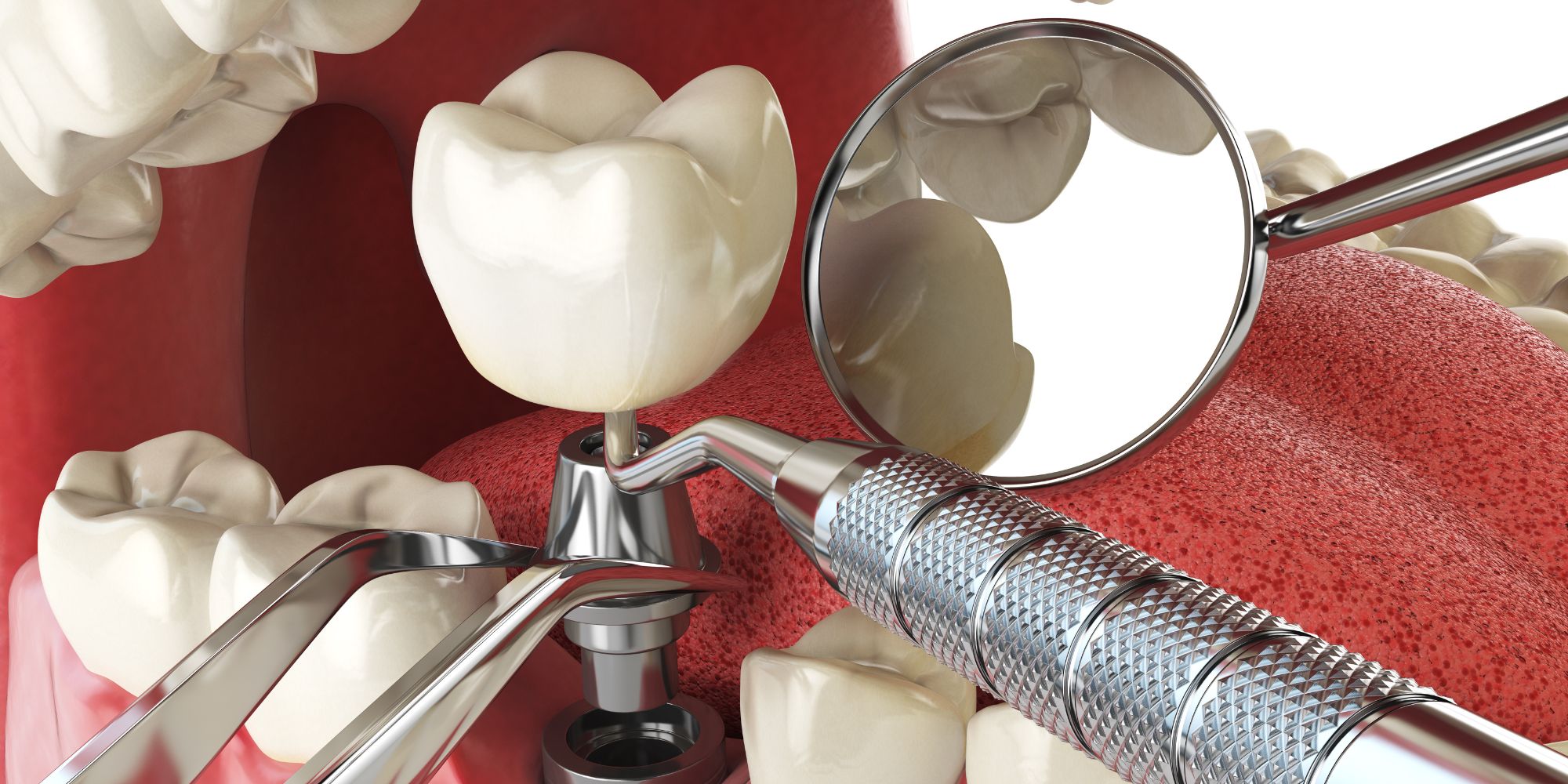
Dental implants
How dental implants improve oral health
Dental Implants are artificial tooth roots made of titanium that are surgically placed. They serve as a strong foundation for replacement teeth such as crowns or dentures. One of the main ways dental implants improve oral health is by preventing bone loss. When a tooth is missing, it can begin to wear down over time. Dental implants stimulate, preventing bone loss and maintaining the integrity of the facial structure.
Another way Dental Implants improve oral health is by restoring proper chewing function. Missing teeth can make it difficult to eat certain foods, which can lead to nutritional deficiencies. Dental Implants provide a stable and secure bite, allowing individuals to enjoy a wide range of foods and maintain a balanced diet.
In addition, Dental Implants can also improve speech. Missing teeth can cause speech impediments such as whispering or slurred speech. By replacing missing teeth with dental implants, individuals can regain their ability to speak clearly and confidently.
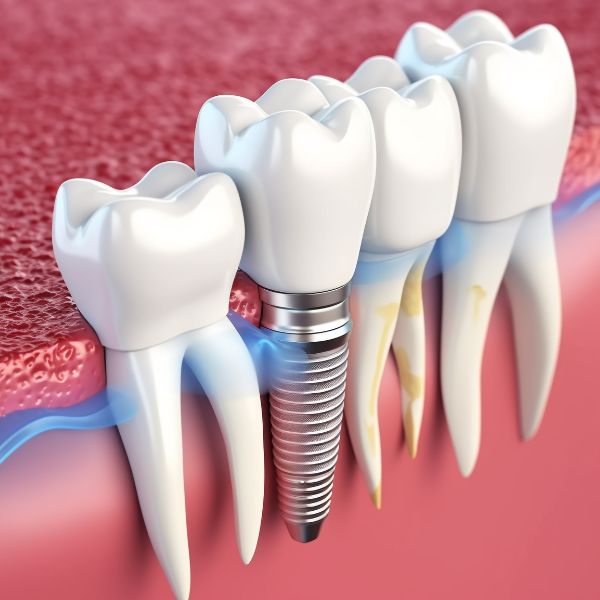
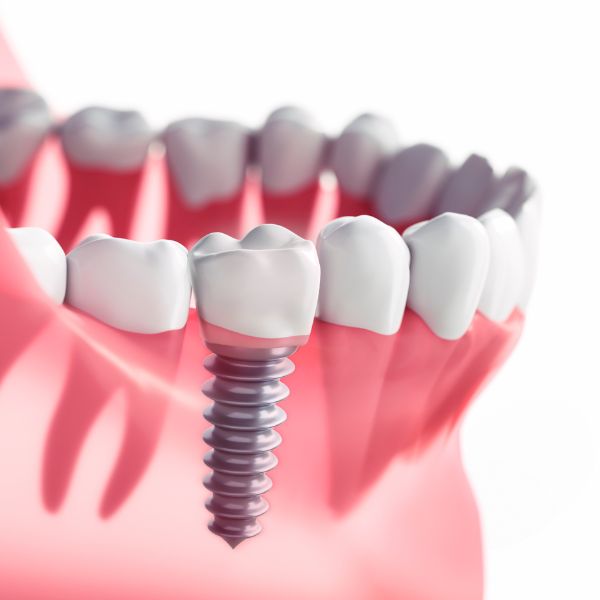
Dental implants offer many advantages that make them an ideal solution for tooth loss. First, dental implants are designed to look and function like natural teeth. They blend seamlessly with the surrounding teeth, providing a natural appearance. With proper care, they can last a lifetime, making them a cost-effective long-term solution.
Unlike traditional dentures, dental implants do not require bonding or removal for cleaning. They are a permanent fixture in your mouth, allowing for easy maintenance and oral hygiene. In addition, dental implants do not endanger the adjacent teeth.
Another major advantage of dental implants is their ability to preserve facial structure. When teeth are missing, they cause a sunken appearance. Dental implants stimulate, preventing bone loss and maintaining the natural contour of the face.
Types of dental implants
There are several types of dental implants, each designed to meet the unique needs of patients. The most common type of dental implant is the intraosseous implant. This type of implant is placed directly and secured with a screw. Intraosseous implants are suitable for patients with sufficient maxillary bone density.
In some cases, patients may need cheek implants. These implants are used when there is not enough bone in the upper jaw to support traditional implants. Cheekbone implants are anchored to the cheekbone, providing a stable base for replacement teeth.
Request an appointment
Faq Dental Implants
What is the dental implant procedure?
The process of dental implants usually involves several steps. During the initial consultation, your dentist will assess your oral health and determine if you are a suitable candidate for dental implants. X-rays may be taken to assess its condition.
If you are eligible for dental implants, the next step is implant placement surgery. This procedure is usually performed under local anesthesia, ensuring your comfort throughout the procedure. The dental implant is inserted into the jawbone and the gum tissue is sutured. Over the next few months, the implant will fuse with the jawbone in a process called osseointegration.
Once the implant is fully integrated, an abutment is placed on the implant. The abutment serves as a link between the implant and the replacement tooth. Finally, a custom-made crown, denture or bridge is placed on the abutment, completing the restoration with dental implants.
Are dental implants right for everyone?
While dental implants offer many benefits, they may not be right for everyone. Ideal candidates for dental implants are people with good oral health and adequate jawbone density. If you have gum disease or insufficient bone to support implants, your dentist may recommend alternative treatments or procedures to improve your eligibility.
It is essential to consult your dentist who specializes in dental implants. They will assess your individual circumstances and determine if dental implants are the right solution for you. Factors such as general health, smoking habits and oral hygiene will be taken into account during the assessment process.
What is the required care that we must follow for the maintenance of dental implants?
Proper care and maintenance is vital to the success and longevity of dental implants. After the surgery to place the implants, it is normal to experience some swelling and discomfort. Your dentist will provide you with specific instructions on how to manage these symptoms and promote healing.
Maintaining good oral hygiene is essential to prevent complications and ensure the longevity of your dental implants. Regular brushing and flossing, along with regular dental checkups, are essential to keeping your implants and surrounding teeth clean and healthy.
It is also important to avoid habits that can damage your dental implants. This includes chewing on hard objects such as ice or a pen, as well as grinding or clenching your teeth. If you participate in contact sports, wearing a mouth guard can protect your dental implants from potential trauma.

